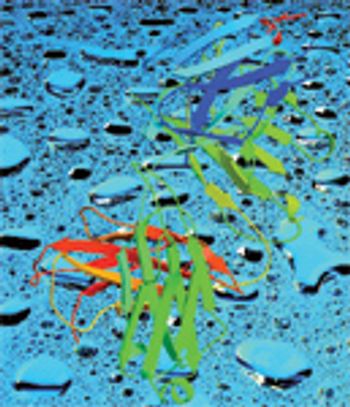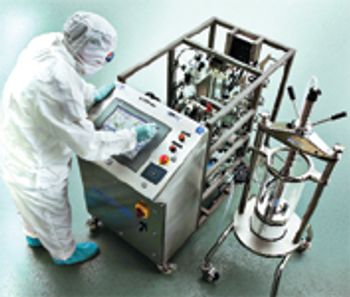
On June 13, 2005, in Merck KgaA v. Integra Lifesciences I, Ltd., the US Supreme Court ruled unanimously that the exemption to patent infringement outlined in Title 35, Section 271(e)(1) of the US Code extends to all uses of patented inventions reasonably related to the development and submission of any information under the Food, Drug, and Cosmetic Act, including preclinical studies. In practice, this means that the exemption will allow companies to use other firms' patented compounds for experimentation on drugs that are not ultimately the subject of a submission to the Food and Drug Administration.







